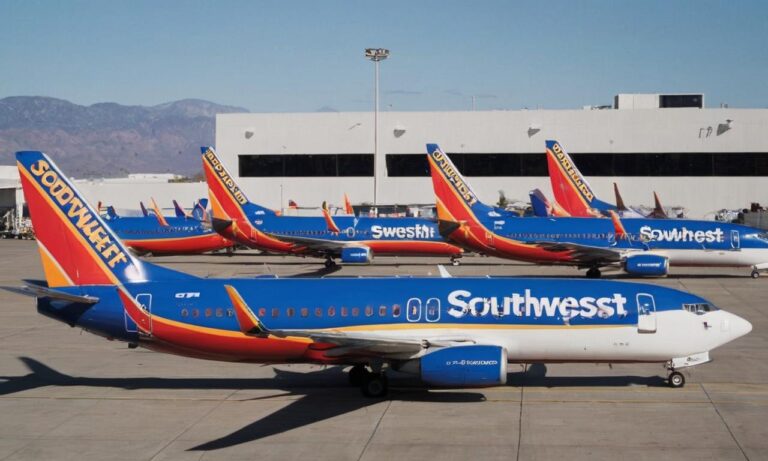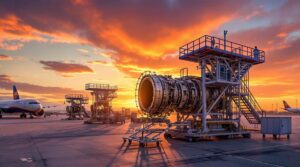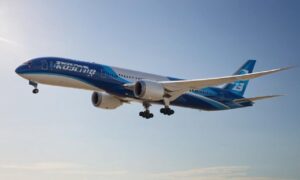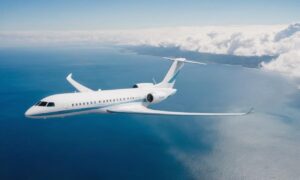Southwest Airlines’ strategic choice of maintaining a standardized fleet predominantly consisting of Boeing 737 aircraft stems from a myriad of operational, economic, and logistical factors.
Southwest Airlines’ operational model is intricately woven around the efficiency and cost-effectiveness derived from having a homogeneous fleet. Operating a single aircraft type simplifies numerous aspects of the airline’s operations, from maintenance and training to spare parts inventory.
Operational Efficiency
By standardizing their fleet with Boeing 737s, Southwest reduces complexity in crew training and maintenance procedures. Pilots, flight attendants, and maintenance staff can specialize in a single aircraft type, streamlining their expertise and enhancing operational safety.
Cost Savings
Having a standardized fleet translates to cost savings in various areas. Bulk purchasing of aircraft allows Southwest to negotiate better deals with Boeing, reducing procurement costs. Additionally, maintenance costs decrease due to economies of scale in parts and training.
Flexibility and Consistency
Homogeneity in the fleet offers flexibility in flight scheduling, crew deployment, and maintenance planning. It allows Southwest to swiftly substitute aircraft if needed, maintaining consistency in service and minimizing disruptions.
Streamlined Operations
Managing a single type of aircraft simplifies logistics, maintenance, and spare parts inventory. This streamlines operations, reduces complexities, and enhances overall efficiency, allowing Southwest to focus resources on improving customer experience.
Historical Continuity
Southwest’s historical reliance on the Boeing 737 dates back to its inception. The airline’s successful track record with this aircraft has established trust and familiarity, further solidifying their commitment to a standardized fleet.
Environmental Considerations
While not the primary driver, maintaining a standardized fleet also has environmental implications. Operating fewer types of aircraft can potentially reduce carbon emissions through standardized maintenance practices and efficient operations.
Future Perspectives
Despite the benefits, the airline industry is evolving, and Southwest might evaluate diversifying its fleet in the future. Technological advancements and market demands may prompt reconsideration, although Southwest’s commitment to a single type remains a cornerstone of their operational success.
In conclusion, Southwest Airlines’ deliberate choice of a standardized fleet centered around the Boeing 737 is a strategic decision deeply rooted in operational efficiency, cost-effectiveness, flexibility, and historical success.
Management of Resources
Centralizing resources and expertise around a single aircraft type enables Southwest Airlines to efficiently allocate manpower, reducing training complexities and optimizing resource utilization. This strategic management of resources helps in maintaining consistent service standards across the airline’s operations.
Customer Impact
Standardization not only benefits operational aspects but also positively impacts passengers. Familiarity with a singular aircraft type provides a sense of predictability and comfort for customers, enhancing their overall travel experience.
Impact on Supply Chain
Streamlining their fleet has a ripple effect on Southwest’s supply chain management. The airline’s standardized approach affects the procurement of parts, maintenance schedules, and relationships with suppliers, contributing to a more efficient and responsive supply chain.
| Benefits of Standardized Fleet | Explanation |
|---|---|
| Reduced Training Costs | Training personnel on a single aircraft type minimizes training expenses and enhances expertise. |
| Enhanced Safety Measures | Specialized training results in a higher level of operational safety and proficiency among crew members. |
| Optimized Maintenance | Standardized maintenance procedures streamline operations, reducing downtime and ensuring optimal aircraft performance. |
Frequently Asked Questions
- Does Southwest Airlines only operate Boeing 737s?
- How does maintaining a standardized fleet benefit Southwest?
- Will Southwest consider diversifying its fleet in the future?
Yes, Southwest predominantly operates Boeing 737 aircraft as part of its standardized fleet strategy.
A standardized fleet simplifies operations, reduces costs, enhances safety, and allows for better resource allocation.
While committed to a single type for now, market changes and technological advancements may prompt future evaluations.






